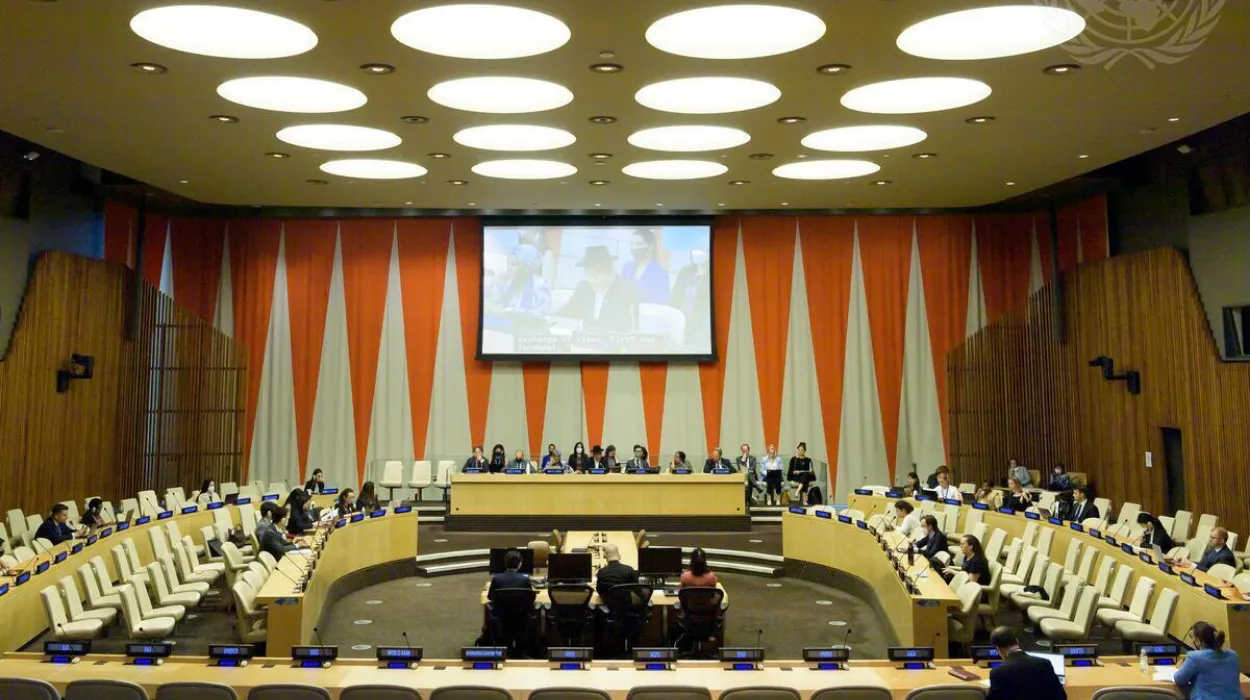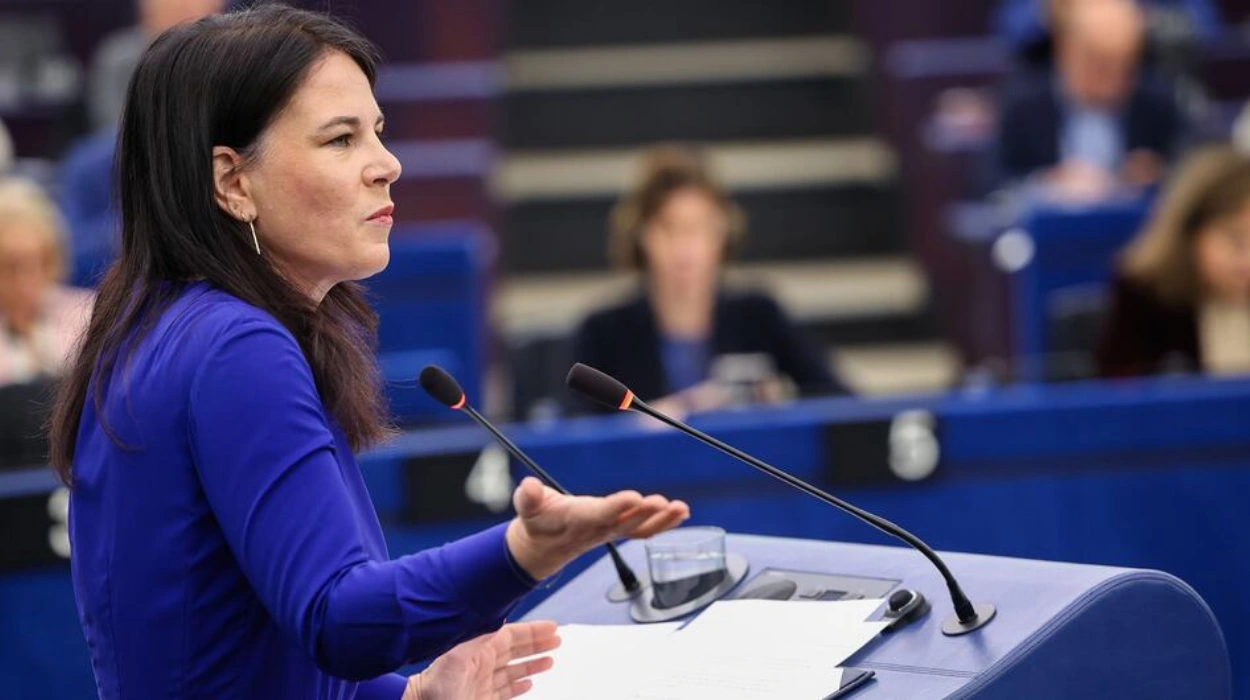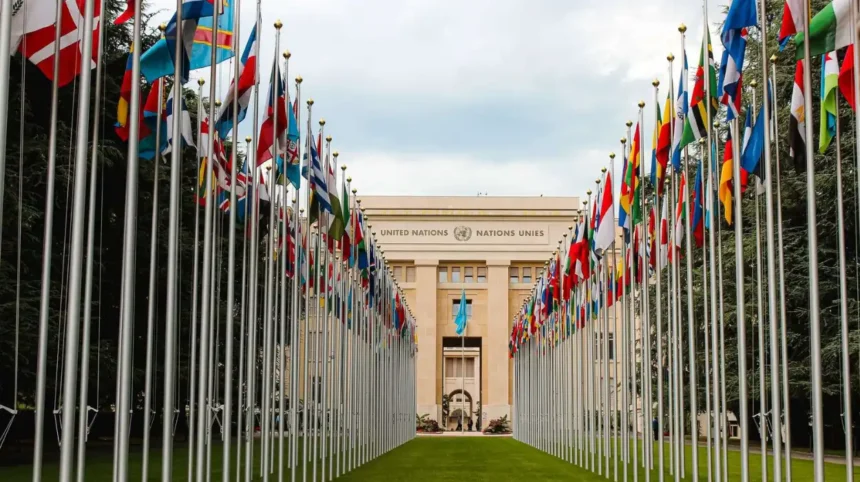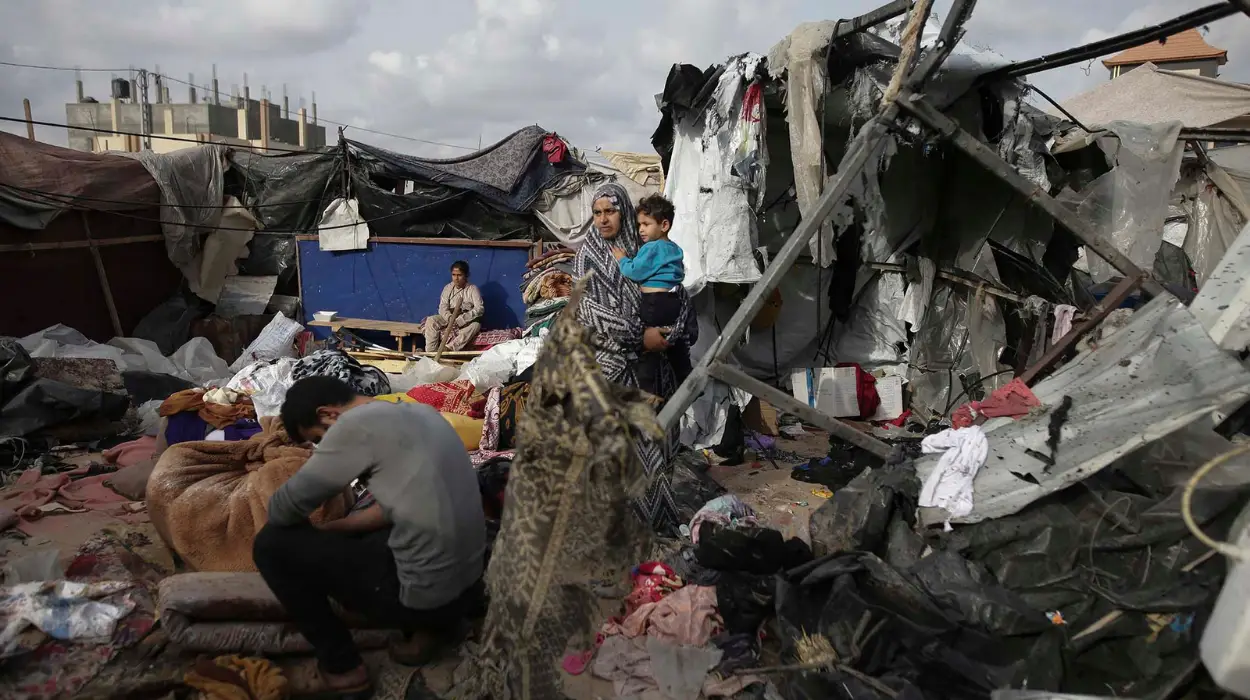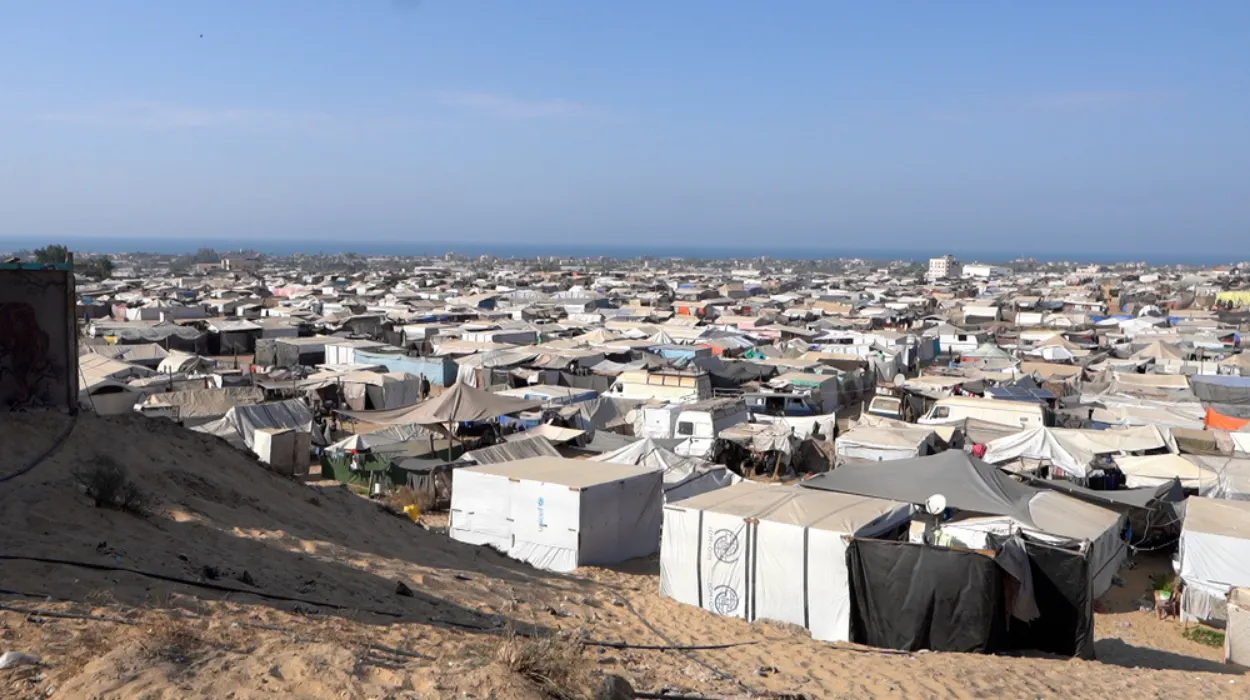Increased pressure around the world has fueled reform demands of the UN to deal with problems of transparency and accountability by 2025 as it is a wider issue that the multilateral system is not able to live up to current governance expectations. Continued lack of transparency and accountability has been one of the factors leading to the deteriorating public trust, especially on aspects of peace operations, administration and how the Security Council operates. These issues have profound implications of international legitimacy because the UN is dealing with a serious geopolitical divide and growing insecurities to shared security.
By the early 2025, criticism of the internal decision-making procedures of the UN has gained pace. Member states believe that the institution may lose its relevance in peace-keeping and humanitarian affairs as well as human rights protection without institutional reforms based on transparency and accountability. This urgency has been recognized by senior UN officials and there have been continued attempts to make institutional integrity stronger, but at the same time not to lose the support of both donor and recipient countries in their reform efforts.
Transparency challenges in UN operations
The lack of transparency in the decision-making of the key UN organs remains a critical issue that casts a crucial doubt on the fairness of the institutions. The Security Council and especially Security Council have been targets of criticism because of closed door consultations by the Security Council, and lack of transparency in publication of deliberative reasoning. The dynamics of veto power normally have an influence on the results in a manner that is not seen by the broader membership of the UN, which creates a feeling of marginalization among the states that desire fair treatment.
Recent efforts to release more procedural information have brought minor improvements, but one still can see the differences in access to information persisting. Minor state diplomats have reiterated the argument that the accumulation of knowledge in the hands of few players in positions of power does not allow more actors to participate and undermines multilateral legitimacy.
Information access and asymmetry
The attempts to increase digital access to documents and voting records are an important step in the process of reforms, and new 2025 platforms provide an opportunity to publish the chosen materials in almost real-time. Nevertheless, civil society groups and transparency proponents argue that there are still significant loopholes, especially concerning the financial reporting, the procurement procedures and the assessment of operations. Unequal flow of information among the member states is still a factor that supports structural disparities in the UN government system.
Accountability deficits across peacekeeping and administrative systems
Peacekeeping operations are one of the most transparent fields where accountability issues arise. Past occurrences of lack of propriety such as instances of exploitation and breakdowns in its operations have highlighted the traditional vulnerability of investigative processes. Regardless of the introduction of new guidelines in 2025, which have increased reporting requirements, there are still concerns regarding the slowness of the disciplinary procedures and the lack of follow-through across troop-contributing countries.
UN spokespersons have repeatedly made promises of ensuring accountability structures, on this, increased monitoring mechanisms and external auditing alliances are under trial in various missions. However, according to observers, the real reform that is needed is more responsibility lines and enforceable penalties that would not be restricted by diplomacy.
Administrative governance and financial controls
Administrative control is not an exception, either. Internal financial management, staffing and the procurement have had weaknesses that have been identified through repeated audits. Although the Office of Internal Oversight Services has been widened in its mandate with increased investigation power in 2025, the issues of resource constraints and bureaucracy can still be observed. The perceived absence of transparency in budget allocation processes has also led to the lack of trust by both the donor states and civil society networks that are tracking the efficiency of the UN.
Legal and structural reform proposals
Reform proposals also focus on structural reform with an emphasis on increasing independence of the oversight institutions like OIOS and widening access to audit findings to the general public. Proponents observe that enduring transparency involves regular release of reports and being more proactive in risk identification before they get out of hand. It is evident that talks between member states in 2025 show that there is an increasing desire to re-exam to mandates and institutional safeguards to guarantee real freedom.
Reforming decision-making systems
Security Council reform debate has been revived again following demands to curtail the veto authority in situations involving mass atrocities and humanitarian emergencies. A number of states have suggested that it should adopt well organized transparency standards, which would demand the publication of meeting minutes, procedural justifications and reasons why votes were made. There is still no agreement but talks are going on as wider governance modernization processes.
Technological integration for reliable oversight
Among the reform directions that may be adopted by innovation, the application of AI tools, blockchain monitoring systems, and data-driven platforms are mentioned to improve the traceability of UN spending and performance. Technology can help decrease information asymmetry with pilot programs in 2025 trying automated procurement verification and digital audit trails indicating that technology might be a key factor in reducing information asymmetry. Analysts suggest that the incorporation of such tools may establish a new benchmark of institutional transparency in the entire operational environment of the UN.
Institutional and political dynamics shaping reform
The political interests of influential states play a significant role in the direction of the UN reform on the issues of transparency and accountability in 2025. Certain permanent members of the Security Council are still reserved about such moves that will undermine their strategic benefits. This reluctance often differs with the pace of reforms, creating gradual instead of epochal progress.
Nevertheless, the ongoing pressure of small and medium size states is still expanding the reform coalition. It is often stated that the international system cannot be adequately responsive to crises when it is bound by the power system without the improvement of transparency, and this implies that the improvement of transparency is vital to the multilateral legitimacy.
Internal dynamics within the UN bureaucracy
Another hindrance to reform is institutional inertia. Operations restructuring is often opposed by administrative departments that are used to well established procedures. The leadership of the Secretary-General has taken centre stage in keeping the pace of reforms with a fresh focus on nurturing a culture of accountability across departments. The added reporting responsibilities and internal review policies to be implemented in 2025 are a step in the right direction, but their implementation remains disproportionate.
Emerging trends and prospects beyond 2025
The presence of civil society is becoming more pronounced with the discourse of transparency becoming a central theme in the governance of the world. Relationships with research centers and technology companies have increased avenues on real-time tracking, citizen engagement, and evidence-based management. Such networks help in the diversified reform ecosystem, increasing the accountability pressures in the UN system.
Navigating geopolitical complexity
The larger geopolitical environment that faces climate shocks, economic interference, and changing security menaces, explains why it is so important to have a transparent and responsible UN. Member states are increasingly recognizing the fact that legitimacy does not necessarily depend on the performance of the mandate alone, but also the transparency of the process. The pressure on visible fairness, precision, and responsibility in the work of the UN is likely to increase as the world crises escalate further.
The ongoing reform process throws light on the issues of changing such a multilateral institution of a large scale of nationally mixed interests and historical concessions. The debate will likely keep on as focus is aimed at the effectiveness of the UN in aligning its governance structures to the modern expectations. The next few years give us a chance to see whether gradual changes can be gathered into a more open and responsible system that can respond to the emerging global demands.



